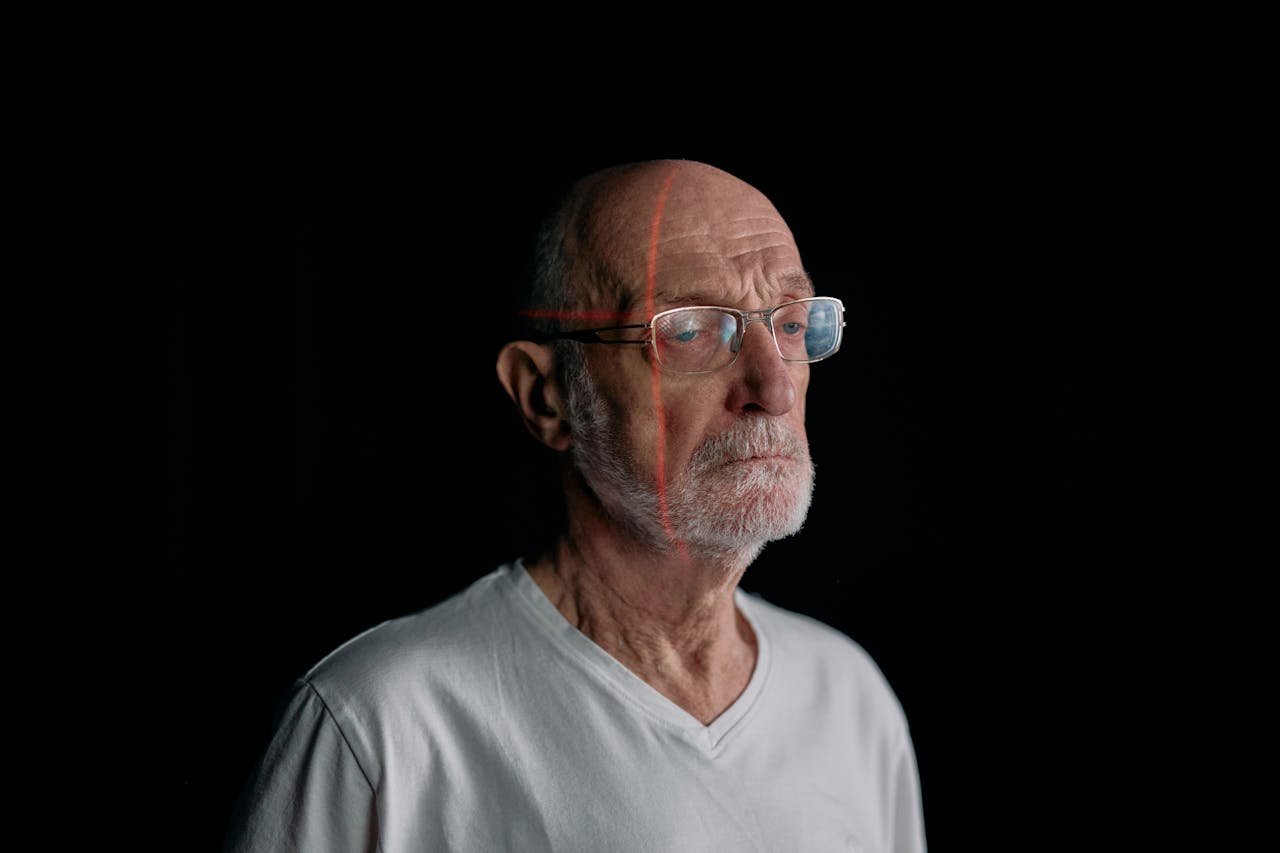
In a move that has reignited debates over judicial ethics and transparency, Supreme Court Justice Clarence Thomas has disclosed a series of trips funded by a prominent Republican donor. The disclosure, made on June 8, 2024, comes amid increasing scrutiny of the financial relationships between justices and wealthy benefactors.
Justice Thomas, who has served on the Supreme Court since 1991, revealed that he had accepted several trips from Harlan Crow, a Texas real estate magnate and long-time supporter of conservative causes. The trips, which took place over the past several years, included private jet travel and stays at luxury resorts.
In his annual financial disclosure report, Thomas detailed the nature and extent of Crow’s hospitality. “I have always strived to comply with the disclosure requirements and to be transparent about my activities,” Thomas wrote. “These trips were personal in nature and did not involve any official business.”
The disclosure has sparked a wave of criticism from ethics watchdogs and legal experts, who argue that such relationships can undermine public confidence in the impartiality of the judiciary. “The appearance of impropriety is just as damaging as actual impropriety,” said Richard Painter, a former chief White House ethics lawyer. “When a Supreme Court justice accepts lavish gifts from a political donor, it raises serious questions about their independence and integrity.”
Harlan Crow, known for his substantial contributions to Republican candidates and causes, defended his relationship with Thomas. “Justice Thomas and I have been friends for many years,” Crow said in a statement. “Our interactions have always been personal and not related to his work on the Court. I have the utmost respect for his commitment to the rule of law.”
The controversy surrounding Thomas’s disclosures is not new. In recent years, there have been growing calls for stricter ethical guidelines for Supreme Court justices, who are not bound by the same code of conduct that applies to lower federal judges. Critics argue that the current system relies too heavily on voluntary compliance and lacks sufficient oversight.
Senator Sheldon Whitehouse, a vocal advocate for judicial ethics reform, seized on the latest revelations to renew his push for legislative action. “This is yet another example of why we need stronger ethics rules for the Supreme Court,” Whitehouse said. “The American people deserve to know that their justices are not influenced by wealthy donors and special interests.”
The issue of judicial ethics has taken on added urgency in the wake of several high-profile cases involving potential conflicts of interest. In 2022, Justice Samuel Alito faced criticism for attending a fundraising event hosted by a conservative group that had filed briefs in cases before the Court. Similarly, Justice Brett Kavanaugh came under scrutiny for his ties to a political organization that supported his nomination.
Chief Justice John Roberts has acknowledged the concerns but has resisted calls for sweeping changes. In his year-end report on the federal judiciary, Roberts emphasized the importance of judicial independence and cautioned against measures that could undermine it. “The judiciary must remain free from political pressure and influence,” Roberts wrote. “We must be careful not to erode the principles that have served our nation well for over two centuries.”
Despite these assurances, public confidence in the Supreme Court has been shaken by a series of contentious decisions and perceived ethical lapses. A recent poll by the Pew Research Center found that only 48% of Americans have a favorable view of the Court, down from 62% just five years ago.
As the debate over judicial ethics continues, some legal scholars are calling for a more comprehensive approach to reform. “We need a system that ensures transparency and accountability at all levels of the judiciary,” said Deborah Rhode, a professor of law at Stanford University. “This includes mandatory disclosure of gifts and travel, as well as a robust mechanism for investigating and addressing potential conflicts of interest.”
For Justice Thomas, the latest disclosures are likely to intensify the scrutiny of his financial relationships and raise further questions about the ethical standards governing the nation’s highest court. As the public and lawmakers grapple with these issues, the future of judicial ethics reform remains uncertain, but the need for greater transparency and accountability is clearer than ever.
Image by Trump White House Archive and shared under Creative Commons 2.0 license.




